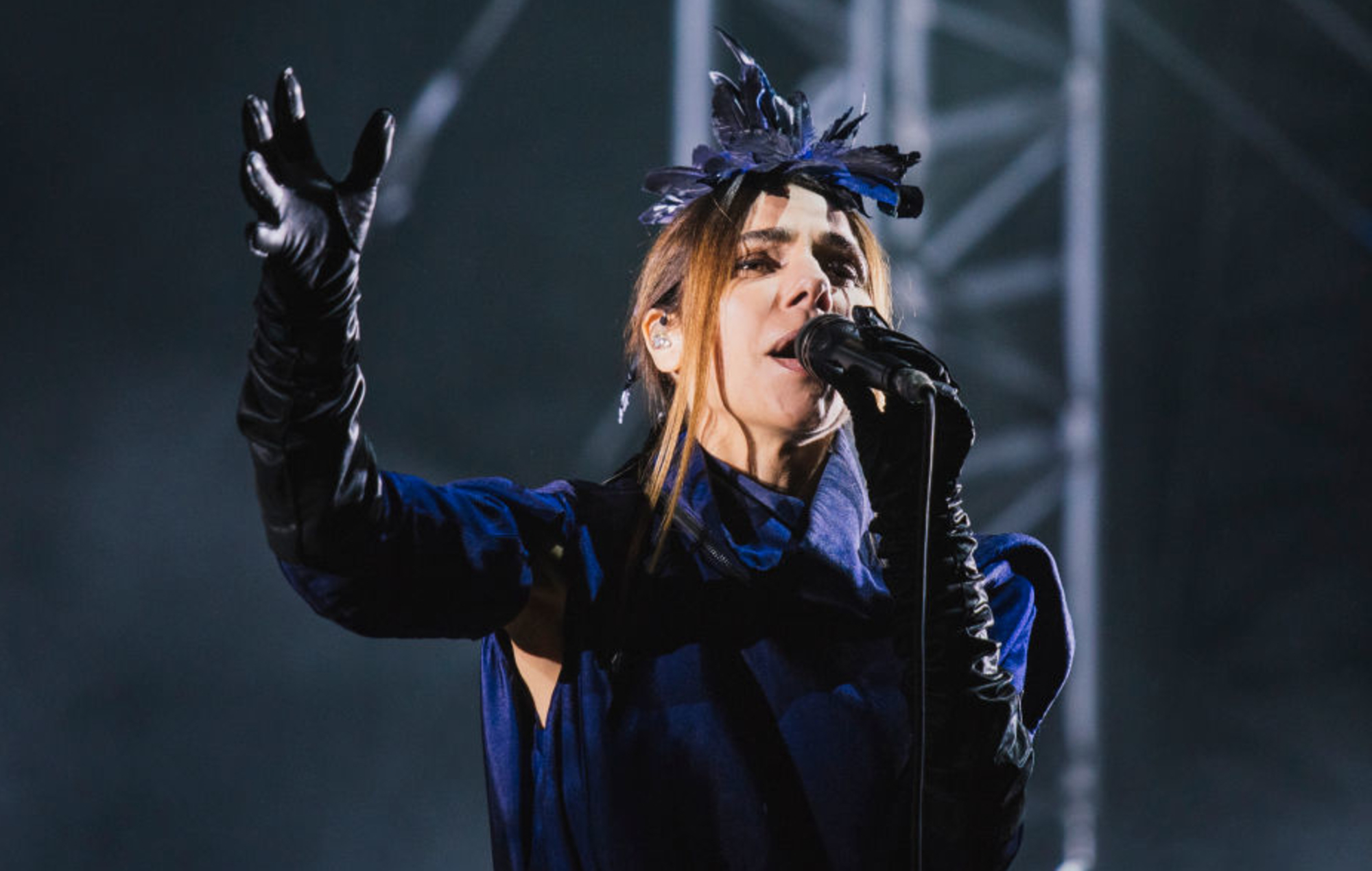NME Music News, Reviews, Videos, Galleries, Tickets and Blogs | NME.COM

No wonder Khruangbin, who make psychedelic music that travels between eras and continents, have become low-key stars in the past decade. Guitarist Mark Spreer and drummer Donald “DJ” Johnson played in a gospel band together at St. John’s United Methodist Church in downtown Houston – the same church that Beyoncé, Solange and the rest of the Knowles family frequent.
The band, who grace the digital cover of NME this week, were immediately distinctive from the moment they released their 2015 debut ‘The Universe Smiles Upon You’, and the timelessness of their sound carried over to its triumphant successor, 2018’s ‘Con Todo El Mundo’. Throughout their work, meandering guitar chords, lackadaisical drum patterns centre around light, catchy bass, creating a warm atmosphere. On their latest album, ‘Mordechai’, the typically mysterious Texan trio continue to explore their unique melodies, while introducing newfound candour.
Audiences were first introduced to the enigmatic Texan trio with the track ‘A Calf Born In Winter’. Selected as part of Cali producer Bonobo’s contribution to ‘Late Night Tales’, a series of artist-curated compilation albums, Khruangbin instantly stood out. Fans clamoured to know more about the enigmatic band. Khruangbin’s members, meanwhile, were spotlight-shy, wearing wigs at shows and press shoots, never repeating stage outfits. Details of their recording studio – an old barn northwest of Houston – added to their sense of mystery.
The band’s success led to a tour that lasted nearly three-and-half years, marking them as cult figures; they played everywhere from India to Peru, opening for the bonafide megastars such as Father John Misty and Massive Attack. Khruangbin also appeared at festivals such as Glastonbury and Bonnaroo while finding time to perform on NPR’s cult performances series Tiny Desk Concerts. Not bad, eh?
Read more: On the cover – Khruangbin: “We planned our entire world tour around Glastonbury”
With a whirlwind of success elevating the band to greater heights, you might expect a rushed third album – but Khruangbin neatly surprises with ‘Mordechai’. Underscored with memories and love for Houston, a city that shaped the trio, ‘Mordechai’ is the album on which they allow us further into their mysterious world.
Over a breezy beat, Spreer and Lee trade humorous, heartbreaking lines – “Who do you remember? / I remember John and Dario / He asked me to marry him / I’m not surprised” – on ‘Connaissais de Face’, a song reminiscent of Serge Gainsbourg’s art-rock opera ‘Histoire De Melody Nelson’. A slow-burner, it’s one of the early stand-out tracks on an album full of them. ‘Time (You and I)’, is a shimmering pop melody, with Johnson’s toe-tapping beat a subtle backdrop to Lee’s dreamy vocals. “That’s life / If we had more time / We could live forever / Just you and I / We could be together”, she calls out to a lover.
‘Dearest Alfred’ brings to life Lee’s grandfather’s heartbreaking words to his twin brother (“Can you imagine my joy / I received / Your wonderful letter”) while ‘So We Won’t Forget’ is a cry for the memory of love. ‘If There Is No Question’ sees Lee hypnotically repeat “You’re Not Crazy” over a captivating gospel beat, the kind performed by Speer and Johnson in church. The album’s irresistible closer, ‘Shida’, brings to mind British soul group Sade, with slight vocal sighs gently placed within the grooves of an alluring guitar-centric melody.
The extent of the band’s crate-digging is evident throughout their work. Initially paying homage to ‘60s Thai funk, which they discovered through a blog, and rooting themselves in the American soul and funk from ‘60s and ‘70s – especially The Isley Brothers – Khruangbin continued to broaden their horizons. Iranian post-disco – especially artists such as Googoosh, Sharam Shabpareh, Kourosh Yaghmaei – were instrumental influences in ‘Con Todo El Mundo’.
On ‘Mordechai’, hints of music from around the globe underline the album’s groove-laden environment. Weaving Indian folk music, Jamaican dub, Congolese syncopated guitars with reference points to the South Asian musical innovation from the ‘70s and ‘80s, the trio have made an album still very much rooted in the city they call home.
Take the single ‘Pelota’, which pays homage to a genre of music from Latin America. The bouncy, psychedelic song has undercurrents of Latin elements incorporated within while the lyrics are sung in Spanish by Mexican-American Lee. Though it features a seemingly irreverent chorus – “Now I / I can be a ball” – ‘Pelota’ sees Khruangbin exploring a new sound while opening the lyrics up for multiple interpretations.
‘Mordechai’ is Khruangbin at their most grounded and energetic, the tempo slightly raised with vocals infiltrating nearly every track — all three members sing throughout. The band artfully showcase their musical knowledge to create a project which marks a clear distinction for the largely instrumental band. With ‘Mordechai’, Khruangbin have at once expanded their horizons while rooting their latest project in a sound they’ve made their own.
Details

Release date: June 26
Record label: Dead Oceans
The post Khruangbin – ‘Mordechai’ review: newfound candour from psychedelic music’s low-key superstars appeared first on NME Music News, Reviews, Videos, Galleries, Tickets and Blogs | NME.COM.





